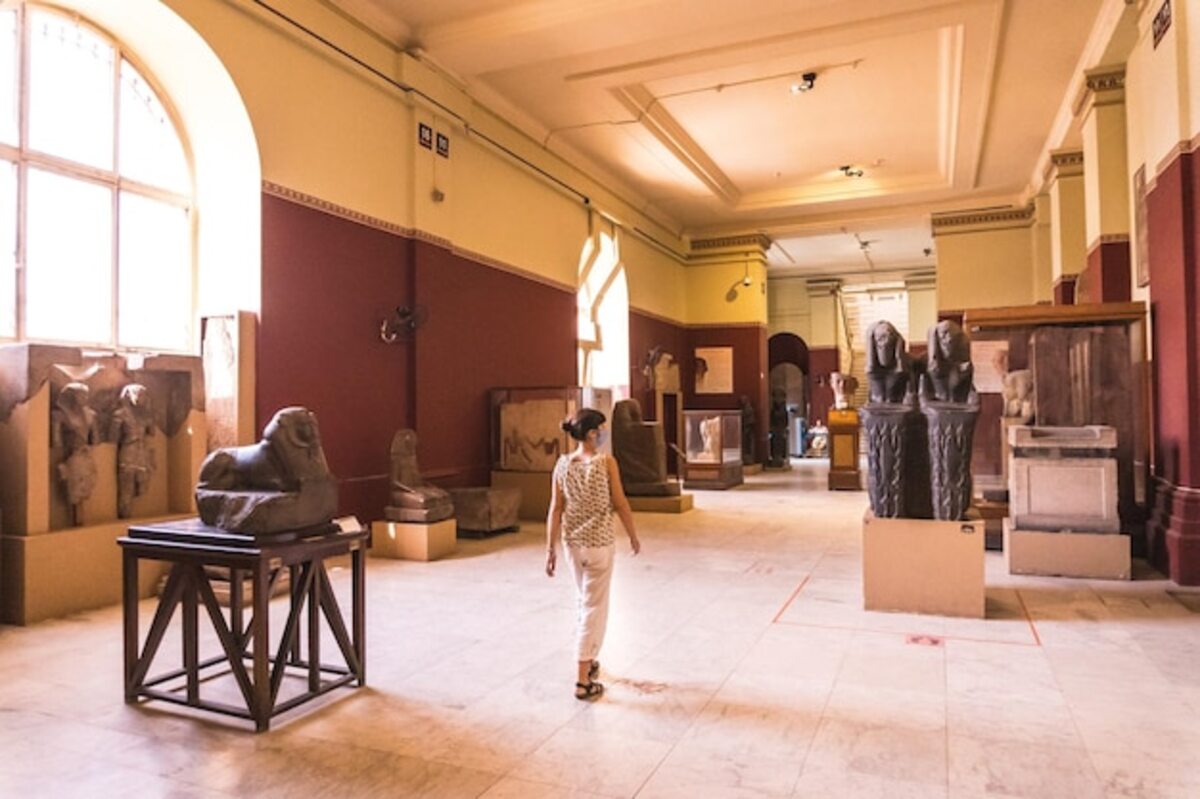The hidden value of local history in your property

The hidden value of local history in your property not only adds character but also directly influences its appreciation. In a country like Costa Rica, where every corner has its own story, understanding the history behind your home can open doors to unexpected opportunities. From tourist appeal to the interest of future buyers, knowing and highlighting the cultural heritage of your property can turn it into a unique gem in the market. Discover how local history can transform your real estate investment.
1. The emotional connection: Why does the story matter?
The emotional connection established between a property and its history is essential for understanding its true value. The narrative surrounding a home not only enriches the experience of those who inhabit it but also creates a bond with the community and its culture. When homeowners know and share the story of their home, they convey a sense of belonging and authenticity that resonates with both friends and visitors. This emotional connection can be the determining factor that makes a house stand out in the market, attracting buyers who seek more than just four walls: they want to be part of a story. Moreover, the added value of local history transcends the sentimental; it directly impacts the perception of the property. A home with a rich cultural heritage or significant events associated with it attracts not only local residents but also tourists and investors interested in cultural tourism. The uniqueness of each story drives demand, turning seemingly ordinary properties into unique treasures. Therefore, highlighting these historical aspects not only enhances the presentation of the home but can also result in a considerable increase in its long-term value.
2. Tourist attraction: How to enhance the value of your property.
The tourist appeal of your property can be a determining factor for its valuation, especially in a country like Costa Rica, where tourism is a vital source of income. By highlighting the local history and unique features of your home, you can attract tourists seeking authentic experiences and connections with Costa Rican culture. This not only increases interest in your property but also allows you to explore options like vacation rentals or even organizing guided tours that offer visitors an immersion in the rich cultural heritage of the place.
To enhance the value of your property through tourism, it is essential to research and share the story behind it. You can create informative materials, such as brochures or social media posts, that highlight the most relevant and attractive aspects of your home and its surroundings. Additionally, consider collaborating with local guides or tourism companies to offer packages that include your property as part of a broader experience. By doing so, you not only increase the visibility of your home in the tourism market but also contribute to the sustainable development of the community by promoting its culture and history.
3. Local stories that increase property value: Inspiring examples.
In many communities, local history can become a powerful driver of economic and social development. For example, in a small Costa Rican town that was an important meeting point for merchants in the 19th century, properties have seen significant growth in their value thanks to the revitalization of their old structures and the promotion of cultural tourism. Owners who have invested in restoring these historic buildings have not only preserved their legacy but have also turned their homes into attractive tourist attractions, thereby notably increasing their value. The storytelling of the histories behind each house becomes a valuable tool to attract visitors and buyers interested in heritage.
Another inspiring case is that of an old plantation transformed into a cultural and educational center. This place, which was once a symbol of traditional agricultural production, has been reimagined to offer workshops on sustainable techniques and community events. The owners who have embraced this heritage have seen their property not only gain notoriety within the local tourist circuit but also attract investors interested in developing projects related to culture and the environment. Thus, by telling and celebrating the local history, these owners have managed not only to preserve their past but also to secure a prosperous future for their real estate.
4. Cultural identity and its impact on the real estate market.
The cultural identity of a region is not only reflected in its traditions and customs but also has a profound impact on the real estate market. In Costa Rica, areas with rich cultural heritage, such as historic neighborhoods or indigenous communities, often attract buyers interested in more than just a property; they seek a lifestyle that resonates with their values and aspirations. This interest in the authentic can elevate the demand for housing in these areas, resulting in a significant increase in their value. Owners who capitalize on this aspect can find a competitive advantage by highlighting the unique cultural features of their home.
Additionally, the tourist appeal associated with cultural identity can be a catalyst for real estate market growth. Properties located near historical or cultural sites tend to be more sought after, as visitors are willing to pay more for immersive experiences. This not only benefits individual owners but also fosters local economic development, creating opportunities to convert traditional homes into tourist accommodations or creative commercial spaces. Therefore, understanding and promoting cultural identity not only enhances the emotional value of a property but also contributes to its financial appreciation in a competitive market.
5. Strategies for researching the history of your property.
To research the history of your property, start by consulting public records at the municipality or the local historical archive. These documents can provide you with valuable information about the construction, previous owners, and any significant events that have occurred on the property or in its surroundings. Additionally, do not underestimate the power of oral histories; talking to neighbors or older members of the community can reveal fascinating details that are not documented anywhere. Often, these personal narratives can provide emotional context that reinforces the value of your home.
Another effective strategy is to research through local libraries or cultural centers. Many times, these places have photographic archives, old maps, and books that detail the history of the area where you reside. Participating in community groups or online forums dedicated to local history can also be useful for exchanging information and discovering unexpected connections between your property and significant historical events. Using social media to share your findings can generate additional interest and connect with others passionate about the cultural heritage of the region, thus enriching your understanding and appreciation of the history behind your home.
6. Testimonials: Owners who have capitalized on their local legacy.
Owners who have been able to capitalize on their local legacy have found in their history an inexhaustible source of opportunities. For example, María, owner of an old country house in the heart of the Valle Central, decided to restore and open her home as a small tourist accommodation. By integrating elements of Costa Rican culture into the decor and offering authentic experiences such as traditional cooking classes, she has not only attracted tourists eager to learn more about the country but has also seen the value of her property increase significantly. The story behind her home has become an attraction that resonates with both local and international visitors.
Another notable case is that of José, who inherited a family farm located in an area rich in agricultural traditions. Instead of selling it quickly, he chose to develop an agroecological project that not only preserves ancestral practices but also educates visitors about the importance of sustainable farming. Through workshops and community events, José has managed to connect his property with the agricultural history of the area, which has not only allowed him to increase his income but also to strengthen his bond with the local community. These testimonies demonstrate that recognizing and promoting cultural heritage can be key to maximizing the economic and emotional potential of any property.
7. Promoting your home: Marketing based on historical narrative.
Promoting your home through historical storytelling is a powerful strategy that can attract both potential buyers and visitors. Telling the story of your property, whether it’s its architecture, its connection to local events, or even anecdotes from former residents, can create an emotional bond with those interested. This approach not only highlights the tangible value of the home but also allows people to connect with its essence and cultural significance. By presenting your home as a witness to the passage of time and the evolution of the community, you can emphasize its uniqueness in a competitive real estate market.
Additionally, by integrating historical elements into your marketing efforts, you can leverage digital platforms and social media to tell this narrative in a visual and engaging way. Old images, stories from neighbors, or even short videos that share the history of the neighborhood can enrich the presentation of your property. This not only generates immediate interest but also positions your home within a broader context that adds value. In this way, each visit becomes an enriching experience that leaves a lasting impression on those looking for not just a house, but a place with its own history and character.



